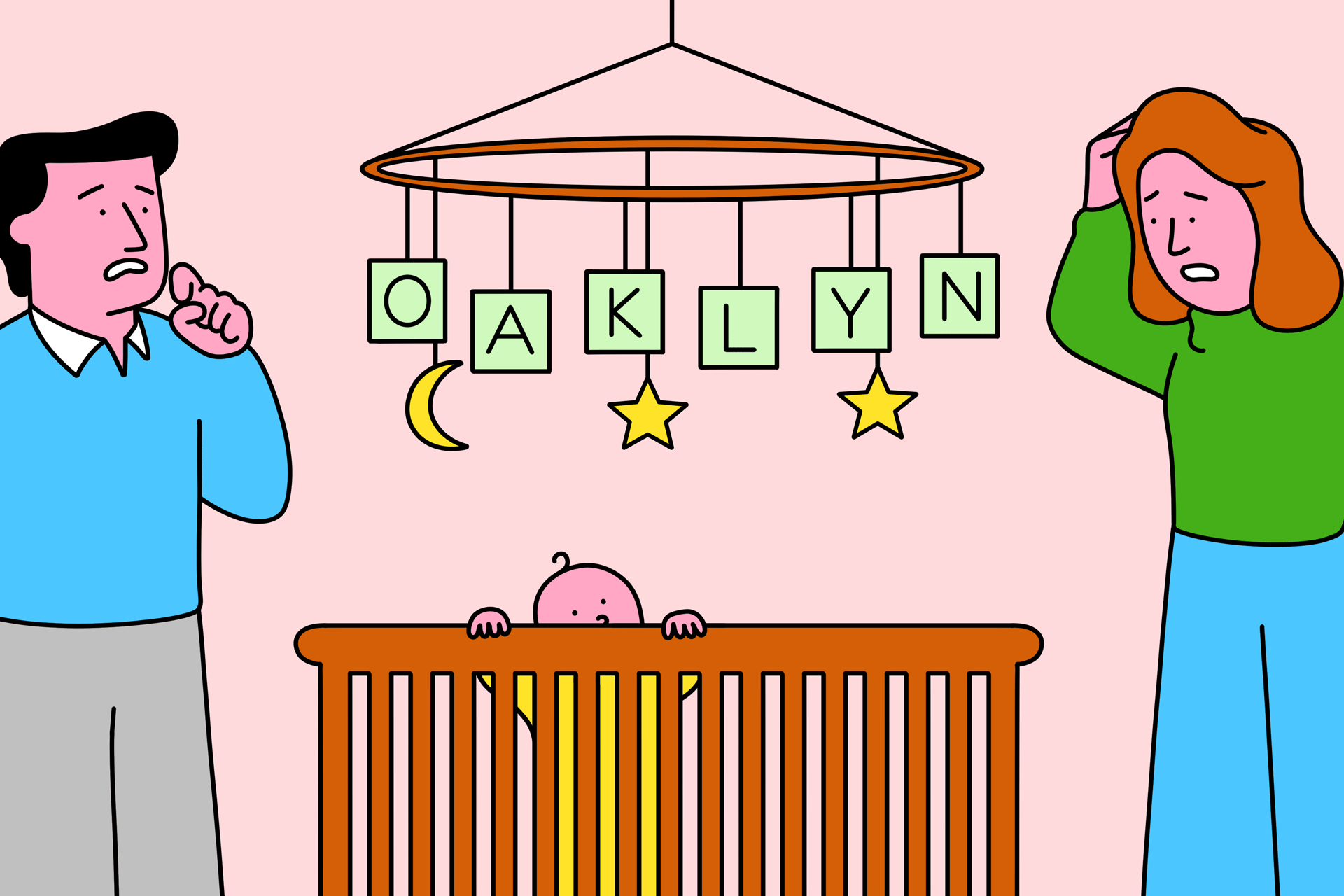The internet, a boundless realm of connection and information, also harbors darker corners. One such space is the Facebook group “that name is a tragedeigh,” boasting over 154,000 members dedicated to mocking and judging unconventional baby names. This seemingly innocuous pastime reveals a deeper societal issue: the intense pressure parents face regarding naming their children and the often-cruel online judgment they endure.
The Perils of Parental Choice in the Digital Age
K-Anna Stephens, a mother who bravely shared her daughter’s name, Sadilynn, with the group, experienced firsthand the vitriol of online name-shaming. While Stephens, herself bearing a unique hyphenated name, understands the challenges of standing out, she was unprepared for the intensity of the negative reaction. The experience highlights the increasingly public nature of parenting decisions in the digital age. Social media platforms, while offering communities and support, can also amplify negativity, turning seemingly harmless opinions into a torrent of online abuse. The anonymity of the internet often emboldens users to express criticisms they might hesitate to voice in person, creating a breeding ground for harsh judgment.
Beyond the Jokes: The Psychological Impact of Online Shaming
The casual cruelty of online name-shaming extends beyond mere amusement. For parents, choosing a name is a deeply personal decision, often imbued with sentimental value and family history. To have that choice publicly ridiculed can be deeply hurtful and damaging to a parent’s self-esteem. This is particularly true for mothers, who often bear the brunt of societal expectations regarding child-rearing. The psychological impact of sustained online negativity should not be underestimated; it can contribute to anxiety, depression, and feelings of inadequacy. While many might dismiss such criticism as lighthearted banter, the cumulative effect of constant judgment can be significant.
Rethinking Online Communities and the Power of Empathy
The “that name is a tragedeigh” group serves as a stark example of how online communities can foster negativity and amplify harmful behaviors. While freedom of expression is paramount, it’s crucial to consider the ethical implications of online interactions and the potential for causing emotional distress. Building healthier online communities requires a conscious effort to cultivate empathy and respect. Encouraging constructive dialogue and promoting understanding are essential steps towards creating a more supportive environment for parents navigating the often-challenging world of child-rearing. The experience of K-Anna Stephens serves as a potent reminder that behind every unconventional name choice lies a parent’s love and personal journey. The focus should shift from judgment to understanding and support, transforming online spaces from arenas of ridicule into sources of encouragement.
CONCLUSION: The case of Sadilynn’s name highlights a larger societal trend of online shaming, specifically targeting parental choices. While the internet provides platforms for connection, it also presents avenues for cruelty and negativity. Promoting empathy and fostering constructive online communities are crucial steps in mitigating the psychological impact of online name-shaming and creating a more supportive environment for parents. The focus should be on celebrating the diversity of choices rather than perpetuating a culture of judgment and ridicule.
Based on materials: Vox





